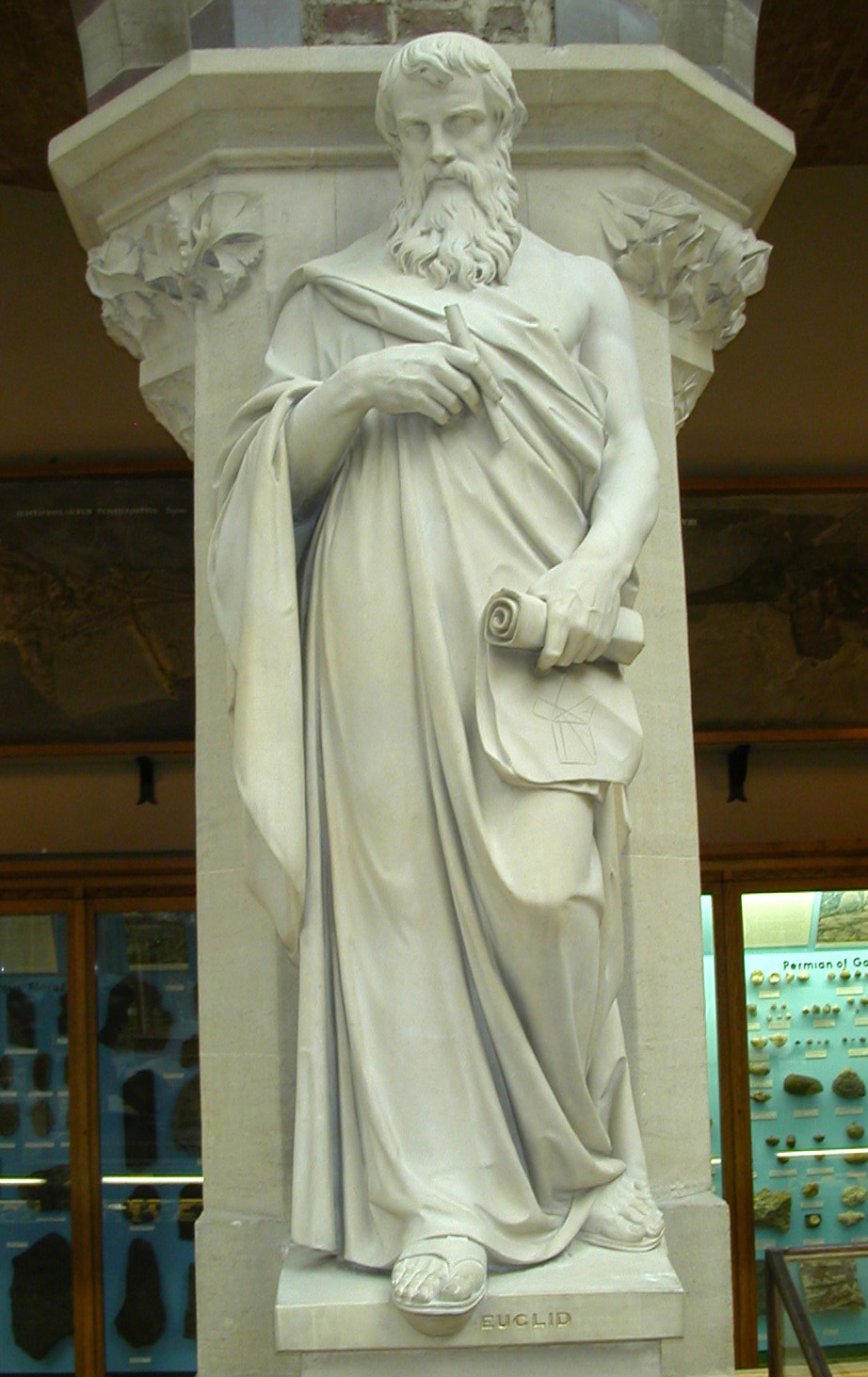Somehow, the idea that abbreviations were invented, just seems odd. But, I suppose every concept had to be thought--by someone--for the first time. We even have a name for that someone. Actually, he probably didn't invent the concept, but he appears to be the earliest user important enough to be mentioned in encyclopaedia entries on abbreviations.
Marcus Tullius Tiro was apparently a slave in Cicero's household sometime around 50 BC. Britannica says that many of his abbreviations are still in use today. Wikipedia indicates he might have been the first to record Roman speeches in shorthand.
The entry for
abbreviation defines snafu as "situation normal, all fouled up". This is not the definition I had heard...
I took a gander at
etymonline and it seems to indicate the term originally came from the military and was indeed not a polite term. I was wondering if Britannica did this on purpose or not (this is, after all, the entry on
abbreviation, not the entry on
snafu).
Nevertheless, I searched a bit, and found that the entry on
slang recognizes that "fouled" is used to soften the shocking power of the term. Of course, the birds and the bees isn't just about fowl. It's about the bees too, but "situation normal, all flowerbuggered up" just isn't appropriate in polite company.
On a different note, I was just comparing the online Britannica entry for
abbreviation with the entry in the paper encyclopaedia that I'm reading. The online entry isn't too much longer than the paper entry, but it certainly is a lot harder to read. It makes me sad that Britannica requires a subscription in order to get rid of all the visual clutter. If they need ads, they should be text-only google ads. OTOH, the wikipedia entry is clear of visual clutter, but it's about 6 times longer. That's great for research, but it's not great when you're just looking for an overview into all the world's knowledge.
I can't decide if the first paragraphs of a wikipedia article are enough. They are summaries. Reading just that text might be enough, but paper Britannica is a compromise between a summary and a full detailed wikipedia entry. I guess future encyclopaedia readers will have to make do. Someone should create an app that allows you to page through wikipedia, a-z, excluding non-notable articles, displaying just the summary text. Heck, maybe I'll make the app if it doesn't already exist. Sounds like a good project.
It would probably be more useful than my mymindblewup.com website which allows you to learn important facts like
how many cows are required to bridge the gap between the Earth and the moon.
MISC
- Abbate, Niccolo dell
- Artist in 1500's France. Principle contributor t othe Fountainbleau style.
- Abbe, Ernst
- 1800's German scientist. Improved lenses. Discovered "Abbe sine condition" formula which is used when making lenses. Improved microscopes.
- abbess
- Abbeville, South Carolina, USA
- Cradle and grave of the confederacy.
- abbey
- A set of buildings built around a monastery. Basically small town.
- Abbot, Charles Greeley
- In 1953 discovered connection between solar radiation and long term weather patterns.
- Abbot, Bud and Costello, Lou
- Comedy act. They originally operated burlesque houses. Well known for "Who's on First." skit.






